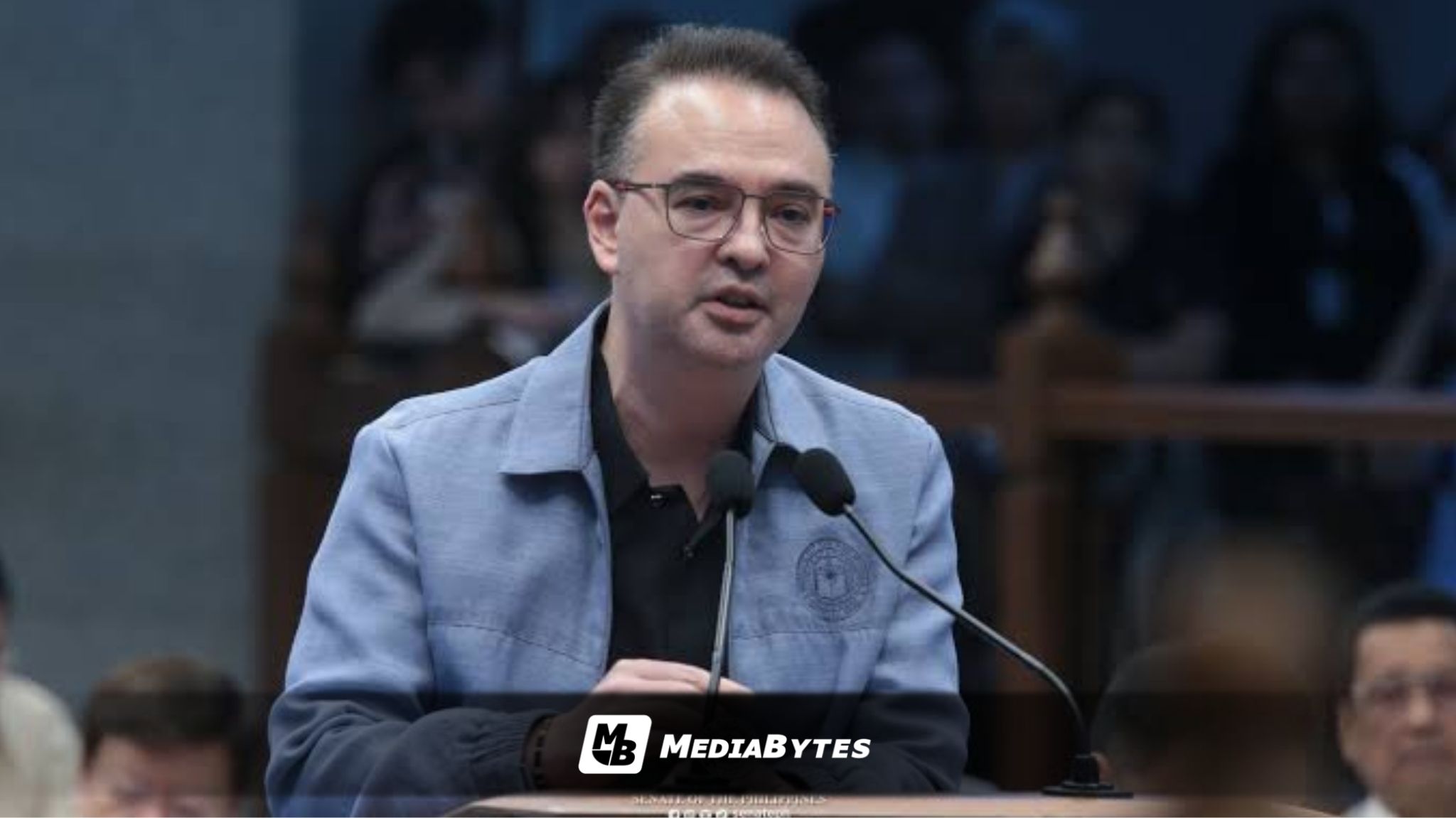Senate Minority Leader Alan Peter Cayetano shared his Sunday reflections on October 5 through a Facebook post, where he discussed the importance of “trust” — particularly public trust in government.
“While We See In Social Media (And Surveys) That Politicians And Political Figures Have Their Own Group Of Genuine Supporters: I Dare Say, Now More Than Ever In Our History, Politicians Are Suspects!” Cayetano wrote.
He then posed a bold “what if” scenario: what if all elected officials — from the President down to members of Congress — voluntarily resign to pave the way for a nationwide snap election?
“People have lost trust in government and government officials. Honestly, who can blame them? So here’s a thought: WHAT IF we all just resign and allow a Snap Election. From The President, Vice President, Senate, and Congress. With One Important Addition — No Incumbent From The Above Can Run For 1 Election Cycle,” Cayetano said.
He suggested that the national government could continue functioning through its bureaucracy, while governors, mayors, and barangay chairpersons — whom he described as “generally trusted” — would remain in office.
“No drama, no excuses, no recycling. Just a clean slate for the Filipino people. A turning point leading to ReNewal and ReVival. Instead Of People Power. Sacrifice From People’s Servants!” he added.
Cayetano explained that true public service must come with humility and courage to start over if needed.
“If we truly serve them, then starting over shouldn’t scare us. Because real change starts with radical honesty — and the courage to admit when it’s time to step aside. We Should All Just Consider This ‘What If’ And Pray About It,” he said.
A snap election is typically called during times of political crisis or when public trust in government deteriorates. The Philippines last experienced such an event on February 7, 1986, when then-President Ferdinand Marcos Sr. called for a snap election against Corazon Aquino.
While the official results favored Marcos, widespread allegations of cheating and the walkout of 35 Commission on Elections (Comelec) tabulators ignited public outrage — eventually leading to the historic EDSA People Power Revolution, which ousted the late dictator from office.
Former President Joseph “Erap” Estrada also once proposed holding a snap election during the 2001 EDSA People Power Revolution, but the move never materialized after then-Vice President Gloria Macapagal-Arroyo refused to resign.



